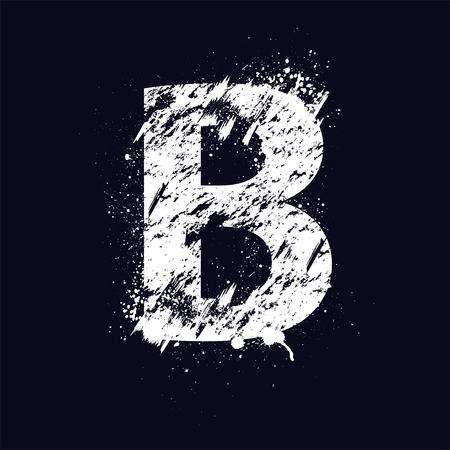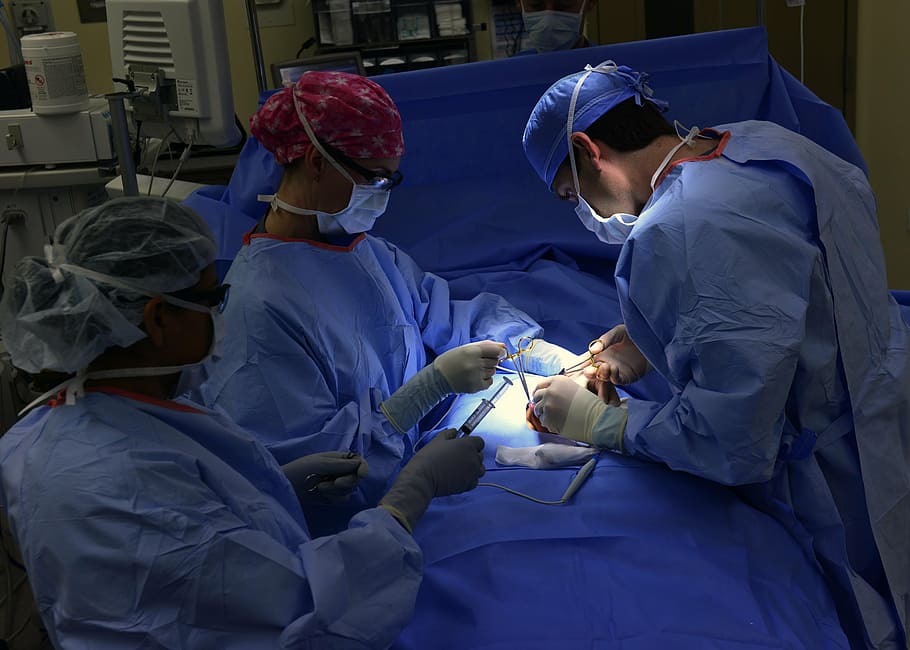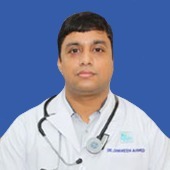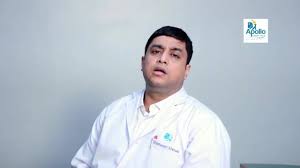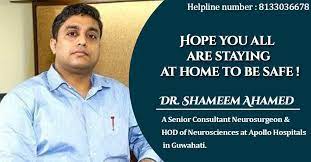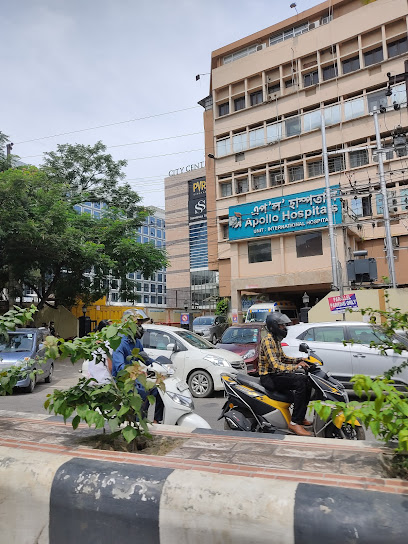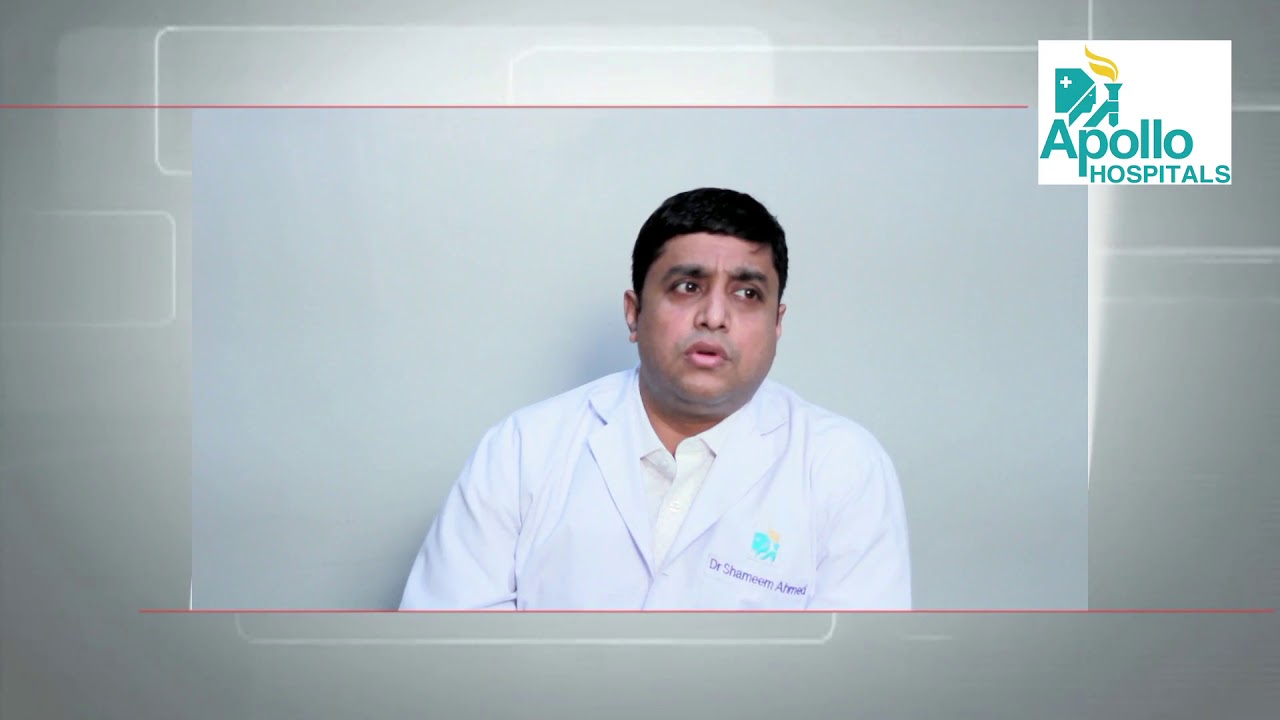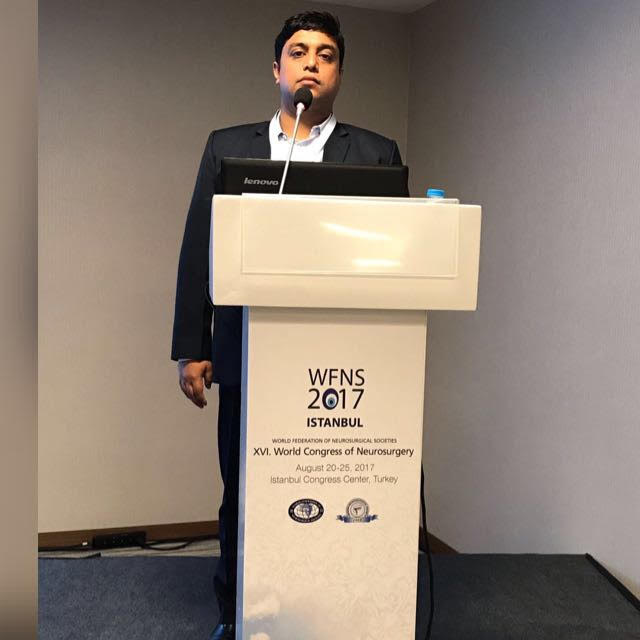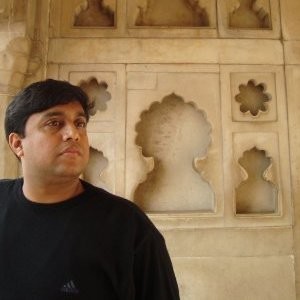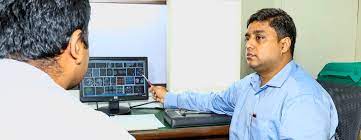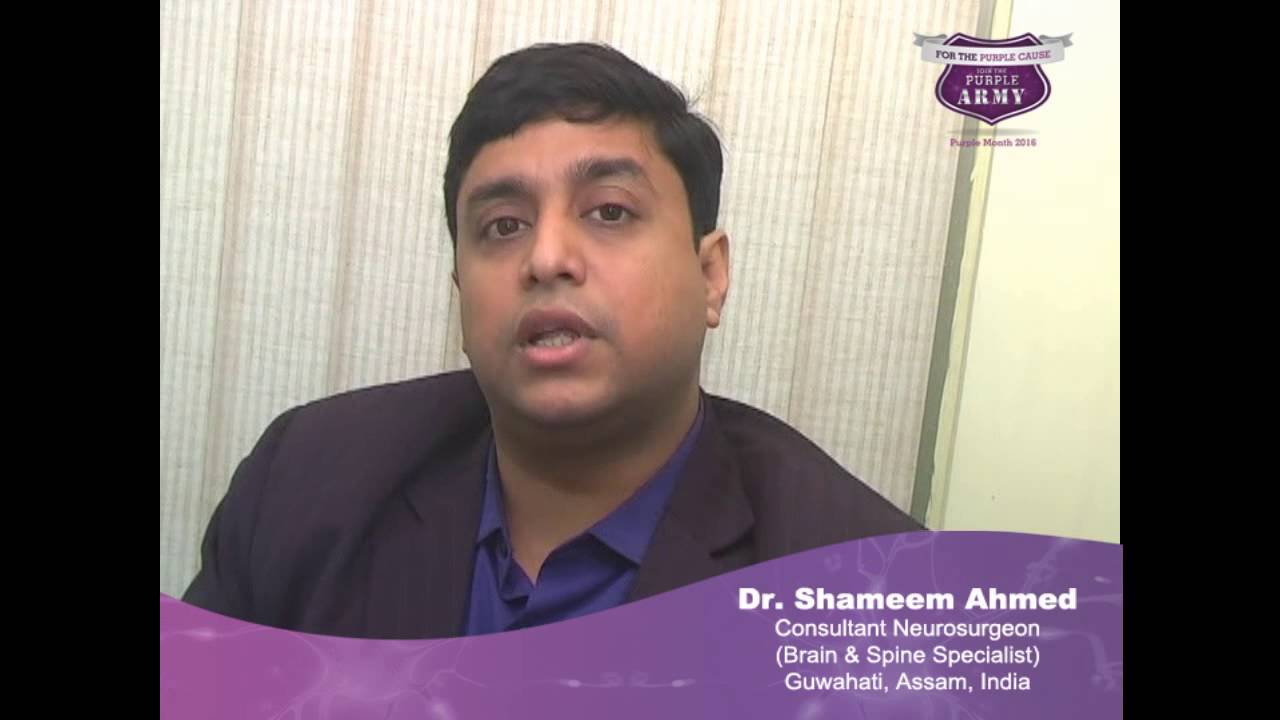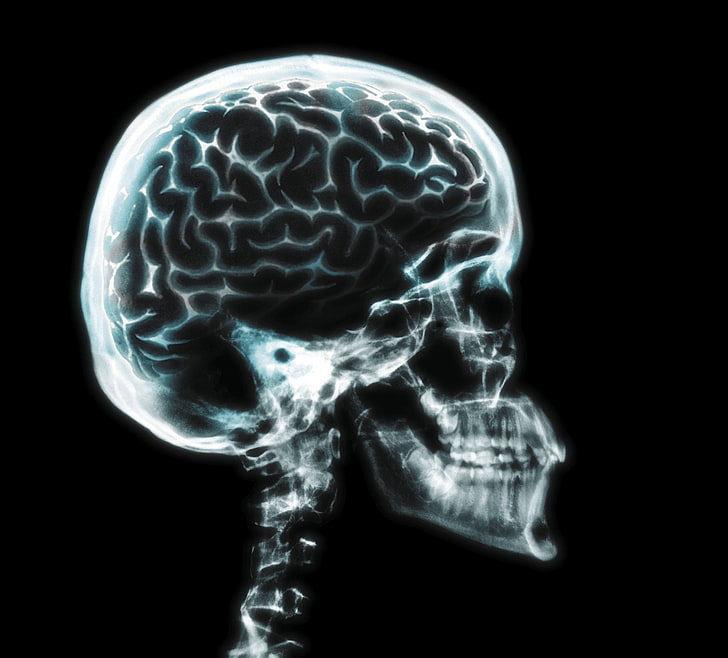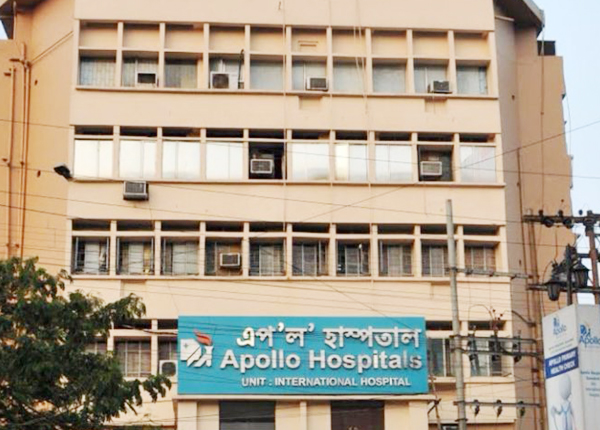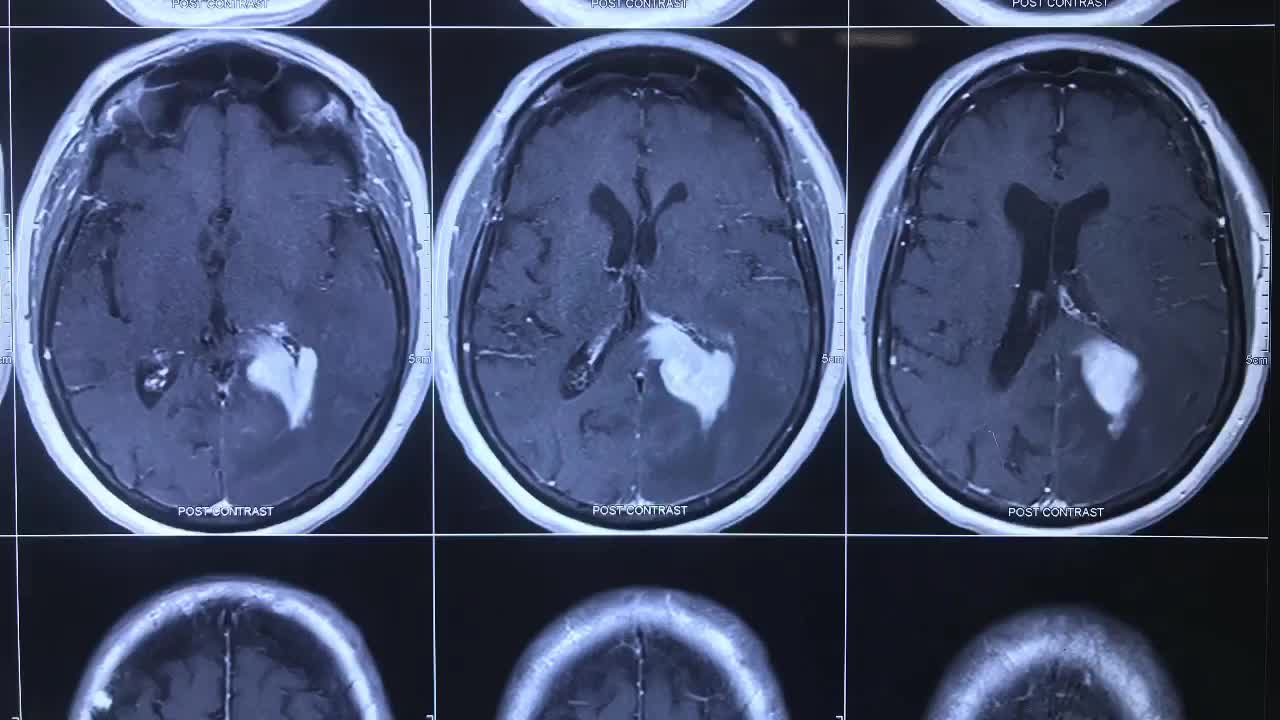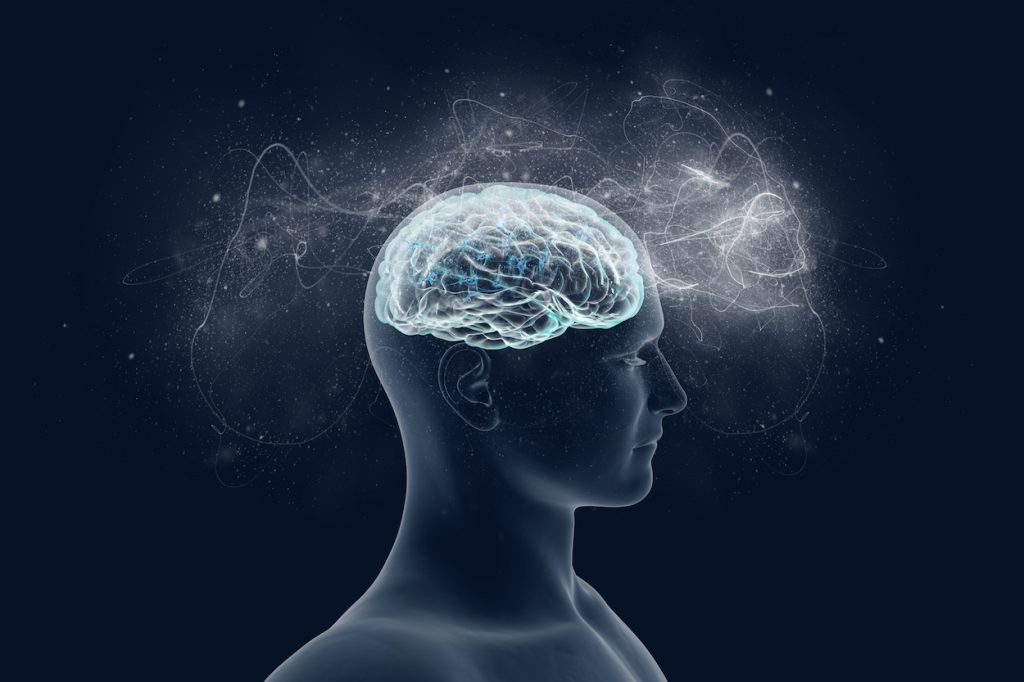About
About Me
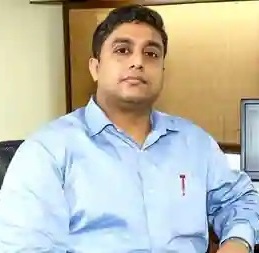
Dr. Shameem Ahmed
MBBS, MS, MCH (Neurosurgery)
- Profile & Contact Details NameDr. Shameem AhmedSpecialityNeurosurgeonQualificationMBBS, MS, MCH (Neurosurgery)Experience15 + YearsPhone+913617135005Emaildrshameem_ahmed@yahoo.comMobile+919435748939Registration No.15136(AMC)
- Awards
- Recipient of Rastriya Gaurav award 2016.
- Received Best doctor in Neurosurgery (east zone) award under India Health Care Award 2016.
- Presented indigenous ICP monitoring system at World Congress of Neurosurgery, Seoul, 2013.
- Membership Details
- Neurological Society of India
- World Federation of Neurology
- WFNS
- NSI
- NTSI
- AANS
- Research Details
- Shameem Ahmed, Shabbir Khan, Deepak Agrawal, BS Sharma. Out come in Head Injured patients : Experience at a level 1 Trauma Centre. Indian Journal of Neurotrauma, 2009, Vol. 6, No. 2, pp. 119-122.
- Shameem Ahmed, Deepak Agrawal, SS Kale, AK Mahapatra. A comparative study of the treatment of chronic subdural hematoma -Burr hole drainage versus continuous closed drainage. Indian Journal of Neurotrauma, 2011, Vol. 8, No. 1, pp. 17-24.
- Shameem Ahmed, Siba Prasad Paul. At a Glance : Head Injuries in Children. Journal of Family Health Care. 2014, Vol 24 No 4.
- Shameem Ahmed, Siba Prasad Paul. Intramedullary spinal neurocysticercosis treated successfully with medical therapy. J Egypt Soc Parasitol. 2014 Dec;44(3):661-4.
- Shameem Ahmed, Siba Prasad Paul. Supporting rehabilitation of traumatic brain injury sufferers in the community . Community Practitioner, August 2015.
- Shameem Ahmed, Siba Prasad Paul. Hemiplegia in child with Sturge-Weber syndrome following head injury. JCPSP, August 2016 , vol 26 (8), 704-706. Review author - Indian Journal of Neurosurgery.
Services
Services
BERA
The brainstem evoked response audiometry (BERA) is an objective neurophysiological method for the evaluation of the hearing threshold and diagnosing retrocochlear lesions. The aim of the study was to investigate the hearing level in children with suspected hearing loss or pathological speech development.
Brain & Spine Surgery
Neurosurgery is the surgical specialization that treats diseases and disorders of the brain and spinal cord. Back pain can sometimes produce neurological symptoms such as numbness, muscle weakness, and loss of bowel and bladder control due to dysfunction at the nerve root.
VEP
Visual evoked potentials (VEP) are used to assess the visual conduction pathways through the optic nerves and brain. To measure VEP, visual fields are stimulated, usually with a checkerboard visual stimulus, and the evoked response is recorded using surface recording electrodes over the occipital lobe.
Neurosurgery OPD
Available at Apollo Hospitals from morning 10 AM to Evening 6 PM on all working days.
Botox Injection
Botox injections are noted primarily for the ability to reduce the appearance of facial wrinkles. They're also used to treat conditions such as neck spasms (cervical dystonia), excessive sweating (hyperhidrosis), an overactive bladder and lazy eye. Botox injections may also help prevent chronic migraines.
Epilepsy Surgery
Epilepsy surgery involves a neurosurgical procedure where an area of the brain involved in seizures is either resected, ablated, disconnected or stimulated. The goal is to eliminate seizures or significantly reduce seizure burden.
Treatments
Treatments
Brain Tumor Surgery
To remove a brain tumor, a neurosurgeon makes an opening in the skull. This operation is called a craniotomy. Whenever possible, the surgeon attempts to remove the entire tumor. If the tumor cannot be completely removed without damaging vital brain tissue, your doctor may remove as much of the tumor as possible.
Skull Base Surgery
Skull base surgery is a specialized type of surgery that focuses on treating conditions at the base of the skull. This includes areas like the undersurface of the brain and important nerves and vessels that exit out of the brain to support senses such as sight, smell, and hearing.
Minimally Invasive Spine Surgery
Spine surgery is traditionally done as "open surgery." This means that the area being operated on is opened with a long incision to allow the surgeon to view and access the anatomy. In recent years, however, technological advances have allowed more back and neck conditions to be treated with a minimally invasive surgical technique.
Traumatic Brain Injury
Brain dysfunction is caused by an outside force, usually a violent blow to the head. Traumatic brain injury often occurs as a result of a severe sports injury or car accident. Immediate or delayed symptoms may include confusion, blurry vision and difficulty concentrating. Infants may cry persistently or be irritable.
Spinal Tumor Surgery
Surgery involves the partial or total removal of the spine tumor. Spinal fusion may be used to reconstruct and stabilize the spine. This procedure involves joining the bones together with screws or bone grafts to provide stability.
Brain Hemorrhage
A brain hemorrhage is a type of stroke. It's caused by an artery in the brain bursting and causing localized bleeding in the surrounding tissues. This bleeding kills brain cells. Brain hemorrhages are also called cerebral hemorrhages, intracranial hemorrhages, or intracerebral hemorrhages.
Spinal Trauma
Spinal cord injuries can result from damage to the vertebrae, ligaments or disks of the spinal column or to the spinal cord itself. A traumatic spinal cord injury can stem from a sudden, traumatic blow to your spine that fractures, dislocates, crushes or compresses one or more of your vertebrae.
Neck & Back Pain
Even with today's technology, the exact cause of back and neck pain is difficult to determine. In most cases, back and neck pain may have many different causes, including any of the following: Overuse, strenuous activity, or improper use, such as repetitive or heavy lifting. Trauma, injury, or fractures.
Cerebrovascular Surgery
Cerebrovascular surgery is a specialized surgery performed by a neurosurgeon on the blood vessels that supply blood to your brain. Sometimes referred to as “neurovascular surgery” and “cerebrovascular neurosurgery,” it's a treatment for numerous blood vessel conditions and diseases.
Parkinson's Disorder
Parkinson's disease is a progressive nervous system disorder that affects movement. Symptoms start gradually, sometimes starting with a barely noticeable tremor in just one hand. Tremors are common, but the disorder also commonly causes stiffness or slowing of movement.
Minimally Invasive Brain Surgery
Minimally invasive brain surgery uses techniques that are performed through smaller incisions. This type of surgery, also known as endoscopic brain surgery, approaches the condition with a less invasive approach compared to traditional brain surgery called a craniotomy.
Paralysis
Most paralysis is due to strokes or injuries such as spinal cord injury or a broken neck. Other causes of paralysis include: Nerve diseases such as amyotrophic lateral sclerosis. Autoimmune diseases such as Guillain-Barre syndrome.
Testimonials
Testimonials
Gallery
Check my Gallery
- All
- Images
- Videos
Gallery
Check my Gallery
- Images
- Videos
Appointment
Book Appointment
F.A.Q
Frequently Asked Questions
Where does Dr. Shameem Ahmed practice?
Dr. Shameem Ahmed practices at Apollo Hospitals - Christian Basti.
How can I take Dr. Shameem Ahmed's appointment ?
You can take Dr. Shameem Ahmed's appointment online through his website for online and in-clinic visit with the doctor.
Why do patients visit Dr. Shameem Ahmed?
Patients frequently visit Dr. Shameem Ahmed for Pediatric Neurosurgery, Peripheral Neuro surgery, Spine Surgery. To see more reasons see doctor's profile and book and appointment.
What is Dr. Shameem Ahmed's education qualification?
Dr. Shameem Ahmed has the following qualifications - MCh - Neuro Surgery, MBBS.
Contact
Contact Us
If you faced any issue in booking an appointment or in need of immediate health assistance, kindly get in touch with me.
Address
Apollo Hospitals Guwahati, Lotus Tower, Adjacent to City Centre Mall, GS Road, Christian Basti, Guwahati, Assam, 781005
Email Us
drshameem_ahmed@yahoo.com

